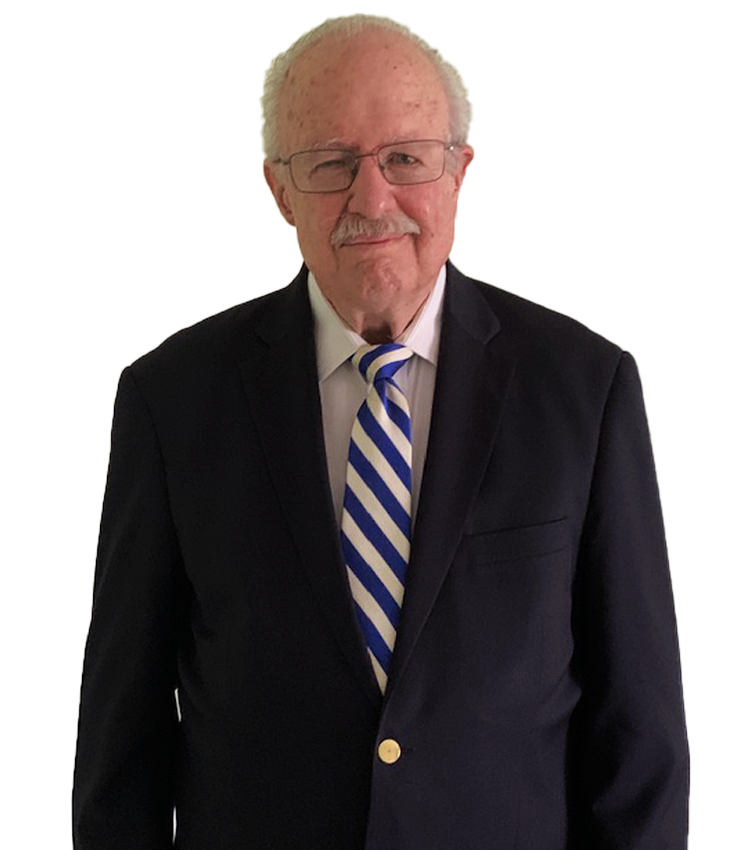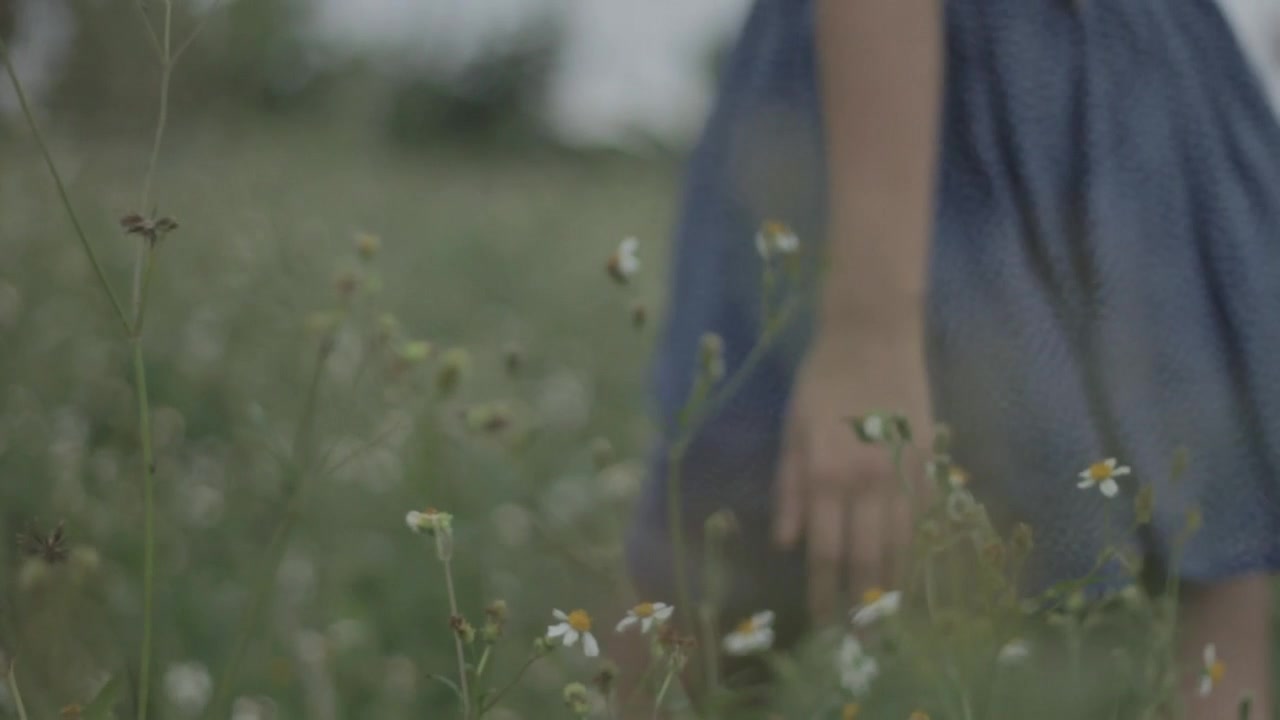M.S., LADC
Chad is a psychotherapist with a license in alcohol and drug counseling. He works part time at Silver Hill Hospital where he runs part of the family program for the Transitions Living Program. He also runs the Smoking Cessation Program for the hospital. He has a private practice on Pine Street in New Canaan, Connecticut. He works not only with those troubled by alcoholism and addiction, but with their families and anyone else who cares about a person suffering from the disease. A large part of his work is with people who have a dual diagnosis – that is not only addiction but also mental illnesses as well.
His first career was as a teacher. He has a masters degree in education and spent time as a teacher before going back and getting trained as a substance abuse counselor. He has been a psychotherapist for the past twenty-four years and worked in many of the agencies and hospitals in Fairfield County.
…My approach is to work with the patient one to one to get to the root of the issues in order to close the door on addiction!

The treatment is customized to each client. No two clients are the same therefore the treatment is also not the same. There will be some education specific to the client. Some clients know very little about the disease and others know quite a lot. This part of the treatment is very didactic.
The frequency of appointments will also vary. Some people will need weekly appointments while others may need more frequent meetings. The entire process usually takes about ten weeks. Some clients take less time and some take more. Due to the recent Covid 19 restrictions we will be conducting our therapy sessions through the aid of Zoom.
This treatment is not the kind where you lie on the couch and talk about your childhood. It is much more focused on the here and now. The focus is on todays problems and challenges and how they affect your life.
Treatment Initiation
When you reach out for help from a professional alcohol and drug rehab program, you begin the first stage of your recovery, treatment initiation.
In the early hours and days of your rehab, you probably will have some ambivalent feelings about giving up your drug of choice permanently and you may think that your substance abuse problem is not as bad as others. Beware. Ambivalence and denial can be your worst enemies in the first days of your recovery.
early abstinence
Once you have made a commitment to continue treatment for your substance abuse problem, you will enter the second stage of rehab known as early abstinence. This can be the toughest stage to cope with because of many factors, including continued withdrawal symptoms, physical cravings, psychological dependence, and a host of triggers that can tempt you into a relapse.
It is during this early abstinence stage that your trained addiction counselor will begin to teach you the coping skills that you need to begin to lead a sober lifestyle. The tools that you learn to use now will help you throughout your recovery.
Maintaining Abstinence
After approximately 90 days of continuous abstinence, you will move from the early abstinence stage of recovery to the third stage, maintaining abstinence. If you started in a residential treatment program, you will now move to the continuing or follow-up counseling phase of your rehab program on an outpatient basis.
One focus of this stage of rehab is obviously to maintain abstinence by avoiding a relapse. You will learn the warning signs and the steps that can lead up to a relapse.
Also during this stage of your rehabilitation, you will learn to put the tools that you learned in early abstinence to use in other areas of your life so that you can continue to live a truly sober lifestyle. You will discover that your future quality of life depends on more than simply not using.
ADVANCED RECOVERY
After approximately one year of abstinence, you will reach the fourth and final stage of your rehab: advanced recovery. It is that this point that you take all the tools and skills that you have learned during your rehab counseling and put them to use living a satisfying, fulfilling life.
Not only will you able to remain sober, but you will also have the skills to become a healthier person, a better spouse and parent, a productive member of society, and a good neighbor and citizen. Recovery is much more than merely staying clean and sober. It’s learning to live very well.
Chad was a saving grace for me in my journey of recovery from addiction. Chad supported me in cultivating healthy habits with gentleness and compassion for myself, knowing that I am doing the best that I can and that it is ok to be a work in progress. I developed a lot of confidence and strength in myself and my ability to heal. Chad is one of the most kind and dedicated therapists I have ever met, bringing an immensely safe presence, humor, deep care and compassion, honesty, and consistency. Working with Chad is a true gift.
When I met Chad eleven years ago, I was completely hopeless. Words cannot describe the gratitude I have for this man and his unique ability to help me gain access to the tools I would need to maintain long- term sobriety. With patience, kindness and wisdom he helped me to rebuild the most important relationships in my life.
I started seeing Chad after leaving treatment for drug and alcohol abuse. I sit here today 8 years later with the utmost certainty, that without Chad’s help I wouldn’t be where I am today. Chad’s ability to recognize a problem in behavior or thought and explain how to change it was so helpful. I know that if I call Chad, he will always be there to help. No matter how long apart our sessions are.









